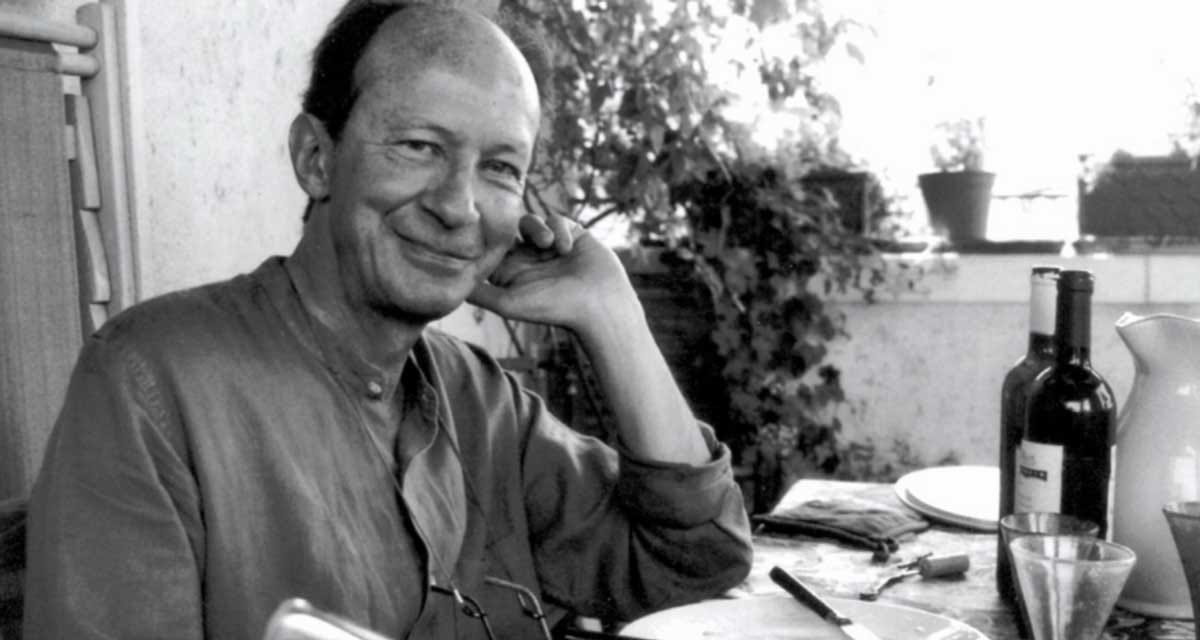How The "State of Exception" Became The New Rule For Power?
Giorgio Agamben
Have you ever felt a creeping unease, a sense that the ground beneath your feet is shifting? That the rules of the game are constantly, subtly, being rewritten? Perhaps you've noticed a growing tolerance for surveillance, an acceptance of limitations on freedoms once considered sacrosanct. If so, you're not alone. These feelings resonate with the core ideas of the Italian philosopher Giorgio Agamben, who offers a chillingly insightful framework for understanding how power operates in the modern world. He argues that what was once considered a temporary emergency measure – the "state of exception" – has, remarkably, become the permanent, unspoken system of governance in the 21st century.
The Sovereignty of Exception: Power's Hidden Engine
To grasp Agamben's ideas, we need to rewind. Think about power, and what it *really* means to hold it. Most of us imagine laws, institutions, and armies. But for Agamben, drawing on the work of Carl Schmitt, true power resides elsewhere. It's not simply about *making* the rules; it’s about the *ability to suspend them*. This is the foundation of the "state of exception."
Think about it. A sovereign isn't defined by the laws they create, but by their power to declare a state of emergency. They can then suspend those laws, claiming that extraordinary circumstances demand extraordinary measures. Is this not the core mechanism of authoritarianism?
“The exception is that which falls outside the law but is nevertheless included in it.”
Carl Schmitt
This "outside" becomes the *inside* of power, the space where anything is possible, where rights can be extinguished. But why would a government *want* to operate in this gray area? What purpose does the state of exception serve?
Homo Sacer and Bare Life: The Creation of the Expendable
Here's where Agamben's most famous – and most unsettling – concept comes into play: *Homo Sacer*. This isn’t just a philosophical term; it’s a grim portrait of the contemporary citizen. *Homo Sacer* is the "sacred man," the one who can be killed without being punished. He's excluded from the political community, relegated to what Agamben calls "bare life" (Zoē).
Consider this: Political life (Bios) is distinct from this "bare life." Bios represents the realm of rights, citizenship, and participation. But the state of exception blurs the lines. It transforms citizens into something vulnerable, expendable. When the law is suspended, the protection it offers vanishes, and the “sacred man” is exposed.
This is how, Agamben argues, we see the rise of phenomena like mass detention, targeted killings, and the erosion of due process.
The state of exception allows the state to classify certain groups as "outside" the law, thereby stripping them of their fundamental rights.
What is the video below talking about exactly? Let's take a deeper dive into Agamben's complex concepts.
Watch this video to delve deeper into Agamben's most challenging concepts in a clear and accessible way:
Biopolitics: Managing the Biological Body
Agamben's analysis goes deeper, connecting the state of exception to the rise of what Michel Foucault called "biopolitics." This is a form of power that focuses on managing and controlling populations through the regulation of life itself. Think about public health initiatives, vaccination campaigns, and even environmental policies. They often aim to shape and control the biological aspects of life, sometimes even at the expense of individual liberties.
The goal of biopolitics, in Agamben's view, is to reduce citizens to manageable biological data points. The state of exception becomes the perfect tool for this, allowing for the monitoring, tracking, and control of populations under the guise of safety and security.
The Paradox of Security: A Double-Edged Sword
The pursuit of security, Agamben argues, has a dark side. The state of exception is often justified by the need to protect the population from threats, whether real or imagined. But by focusing on security, we risk creating a society that values control over freedom. This trade-off, he suggests, is at the heart of the modern state's exercise of power.
A New Totalitarianism?
Is Agamben suggesting a new form of totalitarianism? Not exactly. He avoids the label because it's too simplistic. Instead, he points towards a shift: power no longer operates solely through repression, but through the management of life itself. This "biopolitical" approach is more subtle and, therefore, potentially more insidious than the traditional forms of authoritarianism.
Reclaiming the Political: Resistance in the Age of Exception
So, what can we do? Are we doomed to live perpetually under the shadow of the state of exception? Not necessarily. Agamben, despite his critical stance, doesn't offer simple solutions. However, his work is a call to action.
It's a call to reclaim our rights, to understand the mechanisms of power, and to resist the normalization of the exceptional. It means challenging the erosion of civil liberties and fighting for a society where the principles of justice and freedom are not sacrificed on the altar of security.
Unlock deeper insights with a 10% discount on the annual plan.
Support thoughtful analysis and join a growing community of readers committed to understanding the world through philosophy and reason.
Seeing the Invisible Threads
Giorgio Agamben offers a powerful lens through which to understand the complexities of contemporary power. His ideas are challenging, unsettling, and, ultimately, crucial for navigating the 21st century. By understanding how the state of exception has become the new rule, we can begin to see the invisible threads that bind us and the choices we face. His work isn’t just about diagnosing a problem; it's a call to action, an invitation to actively engage in shaping the future, to prevent the “exceptional” from becoming the norm.




“It’s not about making the rules, it is about the ability to suspend them.”
(ie: Who’s Rules?)